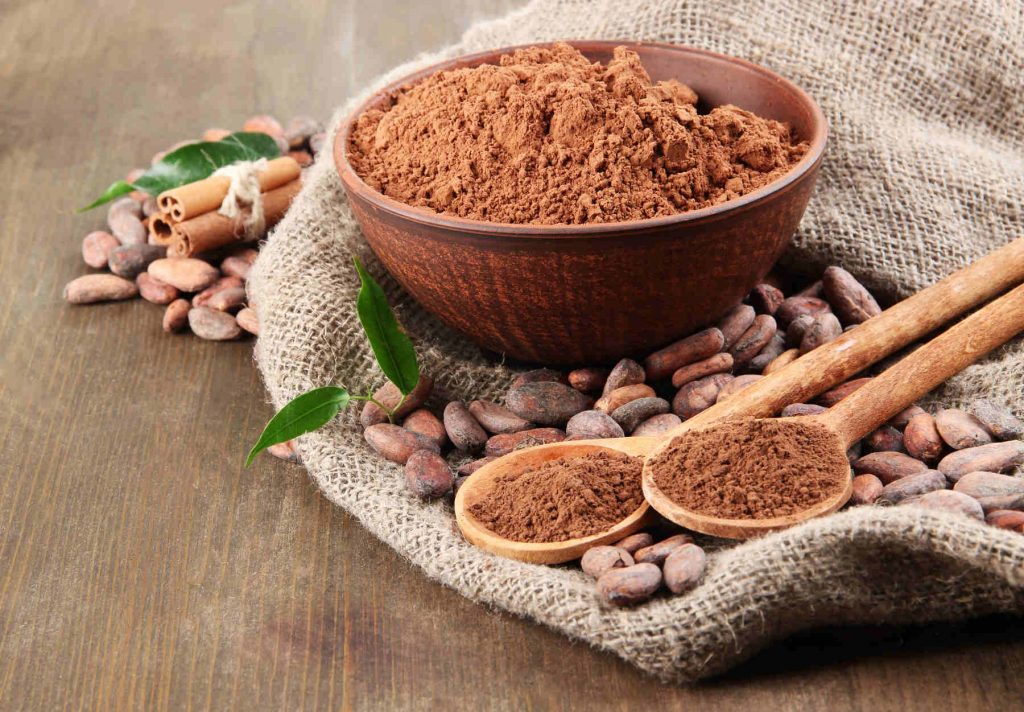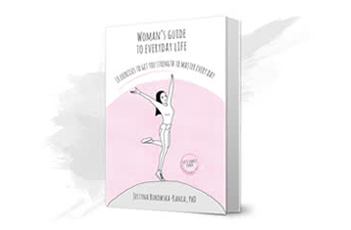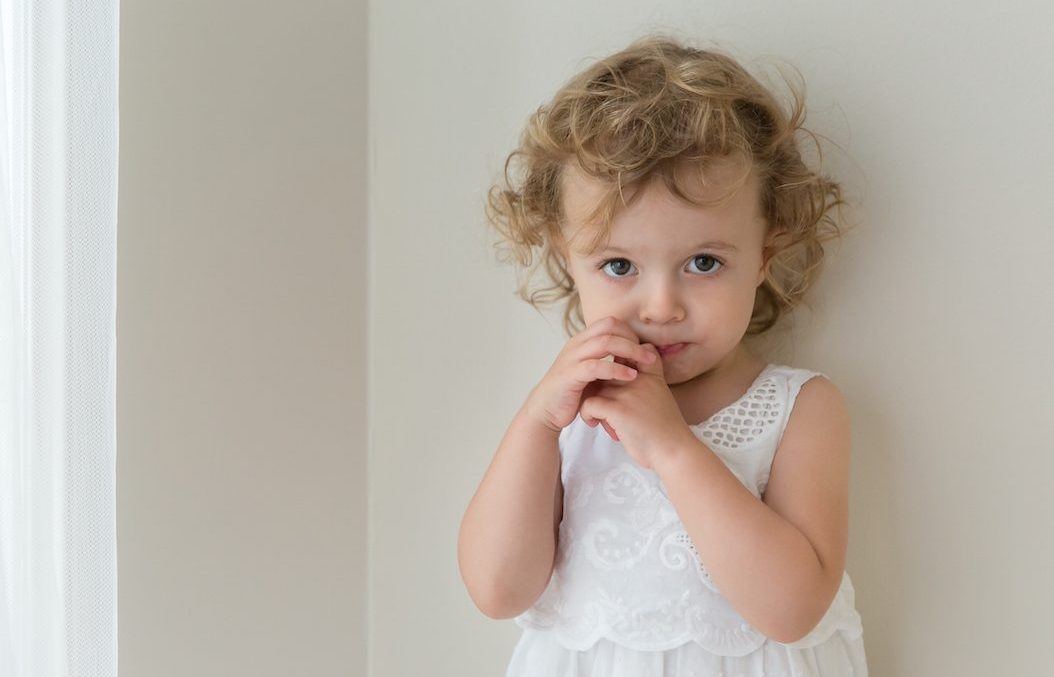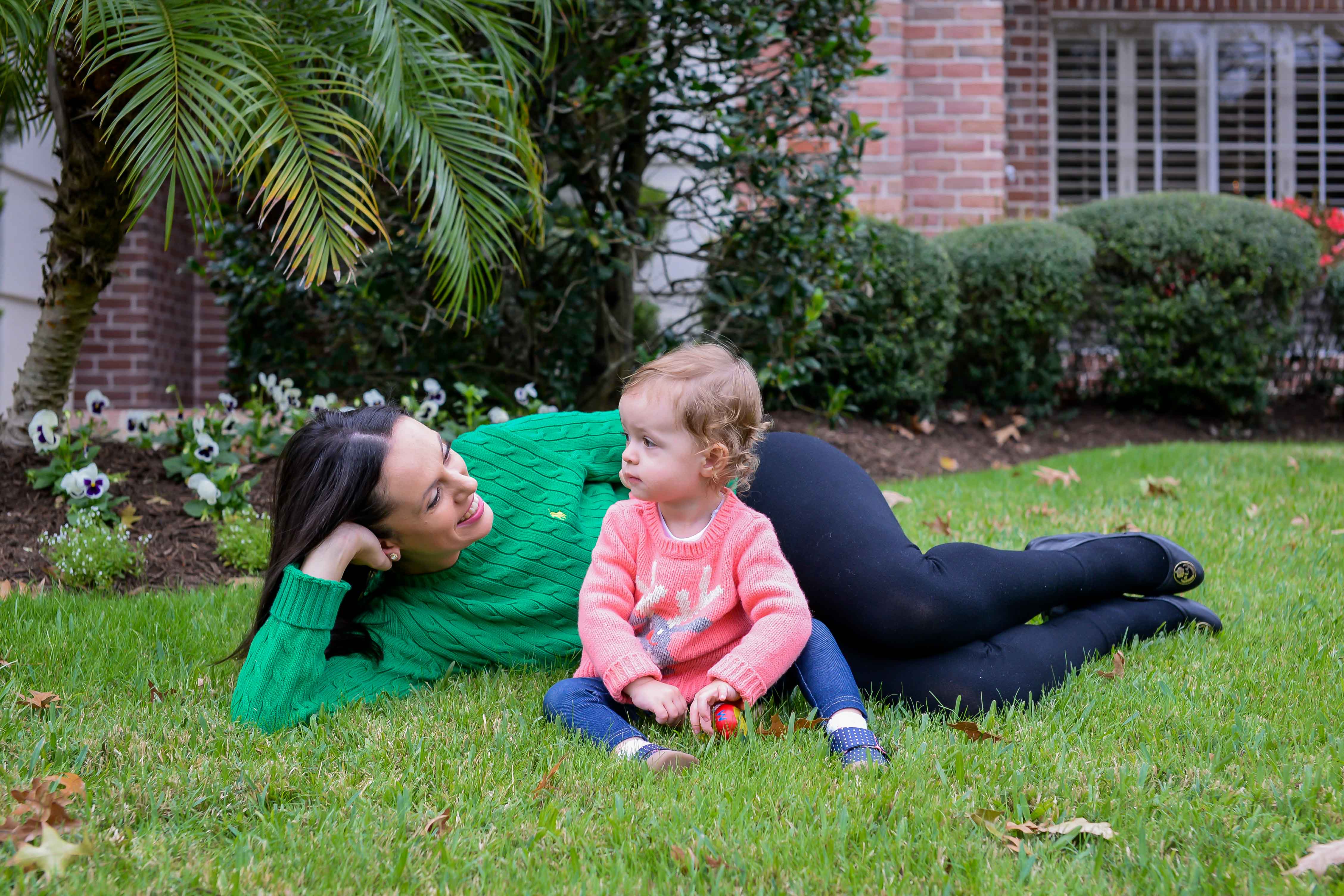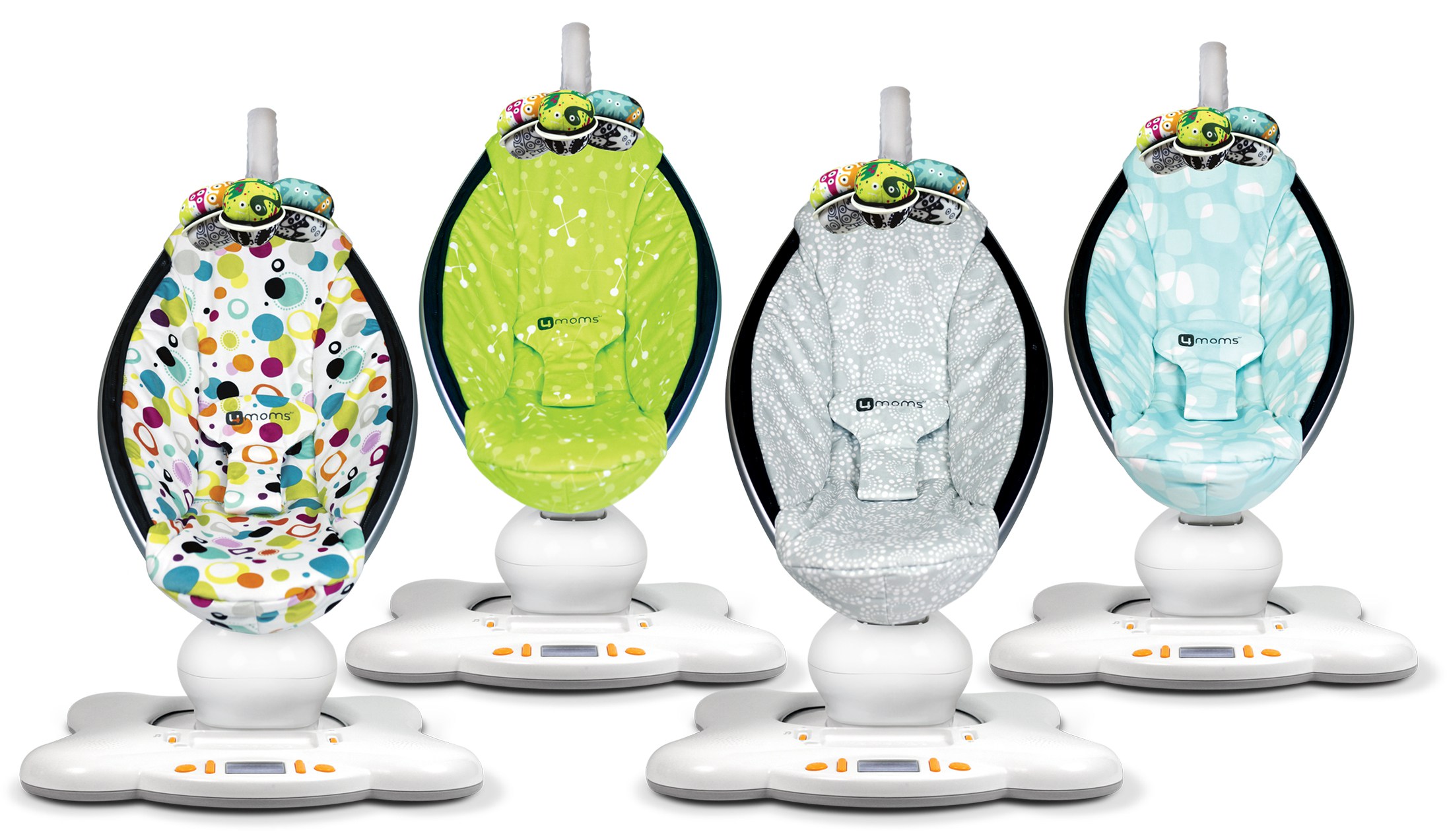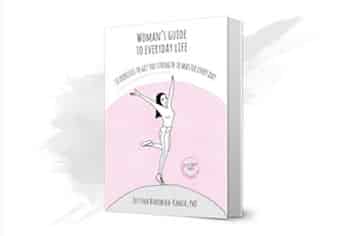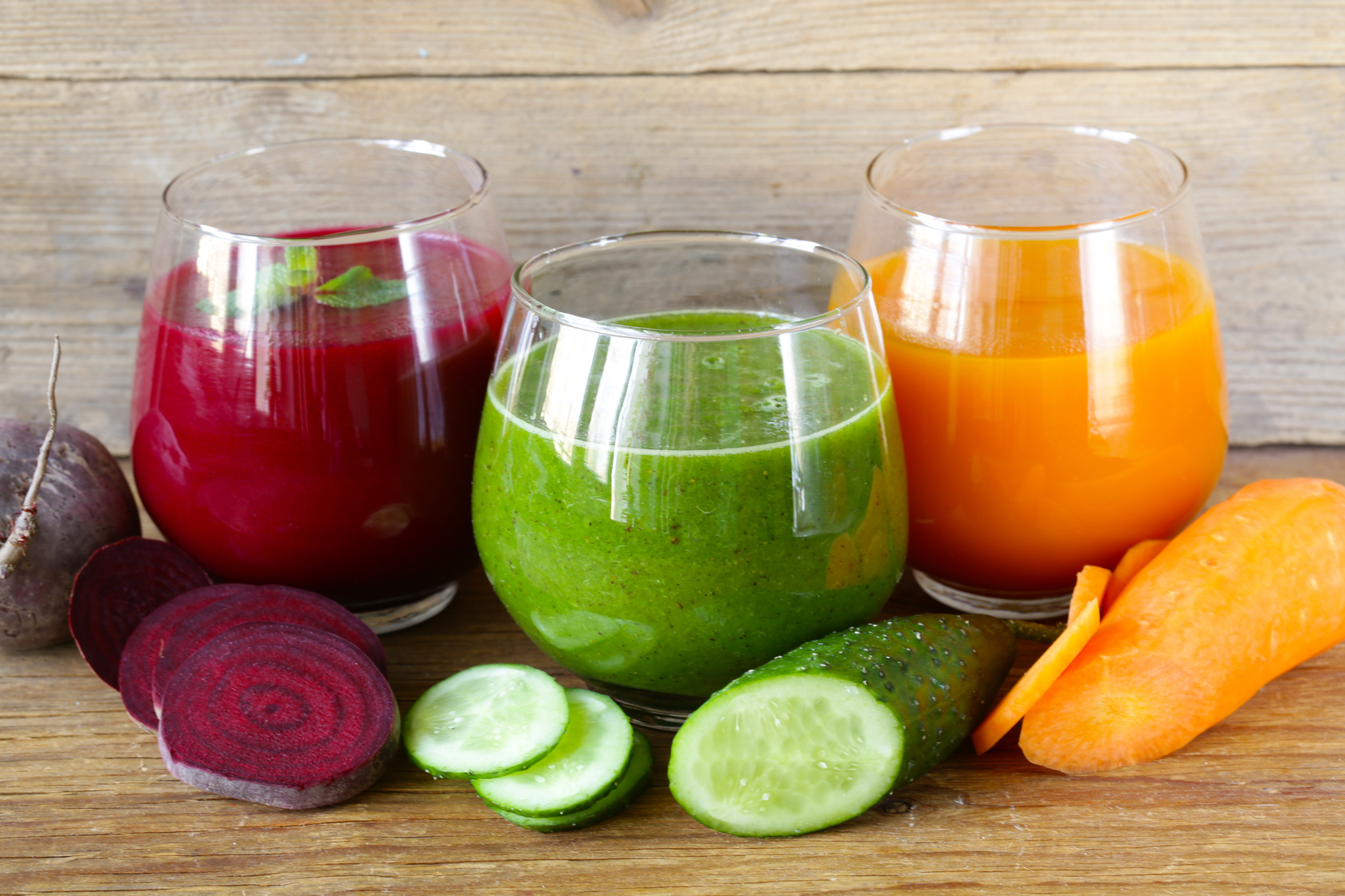
I raise this subject, because it constantly crops up in conversations with friendly mums, amongst friends and the family. My grandmother called me yesterday, i.e. Celinka’s great-grandmother and asked about our baby, because she hasn’t seen her since a long time and missed her a lot. She also asked what Celinka eats and drinks. I told my grandmother that Celinka drinks mainly water, and the grandmother replied: “But only a clean water? Nothing sweet? “
And here the question arises: What and when we should give our children?
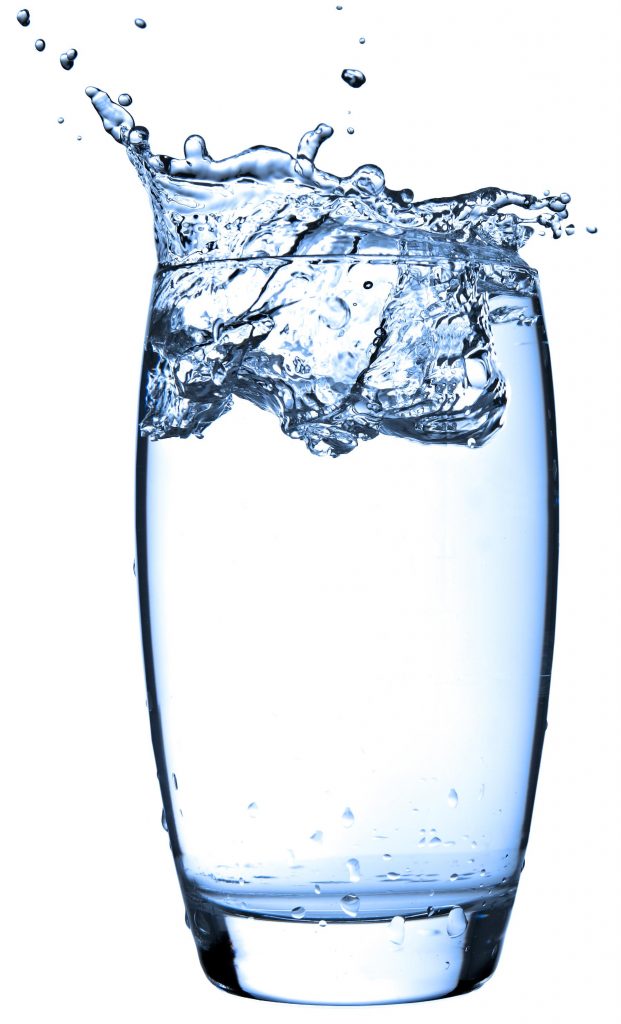
However, I can tell you that after having read all the possible articles regarding this subject, consultation with a few persons who are on the ball, we decided to give the spring water to our baby. We don’t boil it, we give it straight from the bottle. Celinka is healthy, doesn’t have any problems with her tummy, no bacteria, or digestion problems. It’s worth knowing that the spring water has low minerals content, therefore is safe even for small children.
So, now we return to the question: “When should we start giving our baby water?”
Here, of course it is possible to consider the case by looking at the way of feeding the baby… whether is breast-fed or with modified milk. WHO recommendations – World Health Organization claims that in the first 6 months of babies’ lifes, mother’s milk is the best, babies shouldn’t be given anything else – niether for food nor for drink. Then, babies fed artificially, WHO says, should be fed with modified milk only during first four months.
We definitely didn’t follow these principles. Celina was born in August, and in Texas it’s warm until November. So, we gave her the spring water, because she was simply thirsty from time to time, like each of us is, but wasn’t hungry at that moment. The effect is that she loves water until now and drinks it easily.
In her kindergarten teachers are amazed, how can it be possible, that within three hours 3 times a week that she stays there, she drinks around 250ml of water each time. She does, because this is the way she got accustomed since an an early age. Water is the best drink for our children. Greatly quenches the thirst, doesn’t contain any unnecessary sugar, regulates body temperature and the blood pressure, moisturises the skin and mucosas. By drinking it, the child doesn’t get used to intense tastes, which might cause water to taste and seem boring after drinking them.
The conversion factor looks more or less this way:
3 oz for every kilogramme from 20 first pounds of the child’s body plus 1,5 oz for every next. It is approximate amount of all liquids for 2-year-olds and older children. Babies have to take more liquids – 4-5 oz/2 pounds.
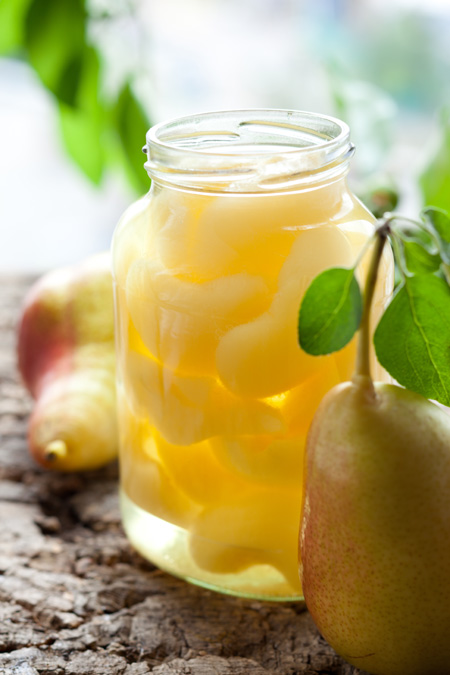
The fact that during the boiling the part of vitamins becomes worthless, simply undergoes damage, constitutes a minus of the compotes. So, we compensate it by eating the appropriate portion of raw vegetables and fruits every day. When choosing fruits for preparing compote you should omit the rhubarb, because it contains too many oxalates which hamper absorbing of the calcium.
But if you buy ready-made juices and you are sure that they don’t contain addidtional sugar, and that they contain only sugars naturally occuring in fruits, you should absolutely thin them with water so that the taste isn’t too intense.
Paste juices contain the biggest amount of nutritional value, because they contain a lot of fibre and vitamins. However, during the hot days it’s better to serve the clear juice, because it more effectively quenches the thirst.
Apart from fruit juices, vegetable juices are very good, e.g. made from carrots.
Nothing, however, will quench your thirst as well as the clear water would…
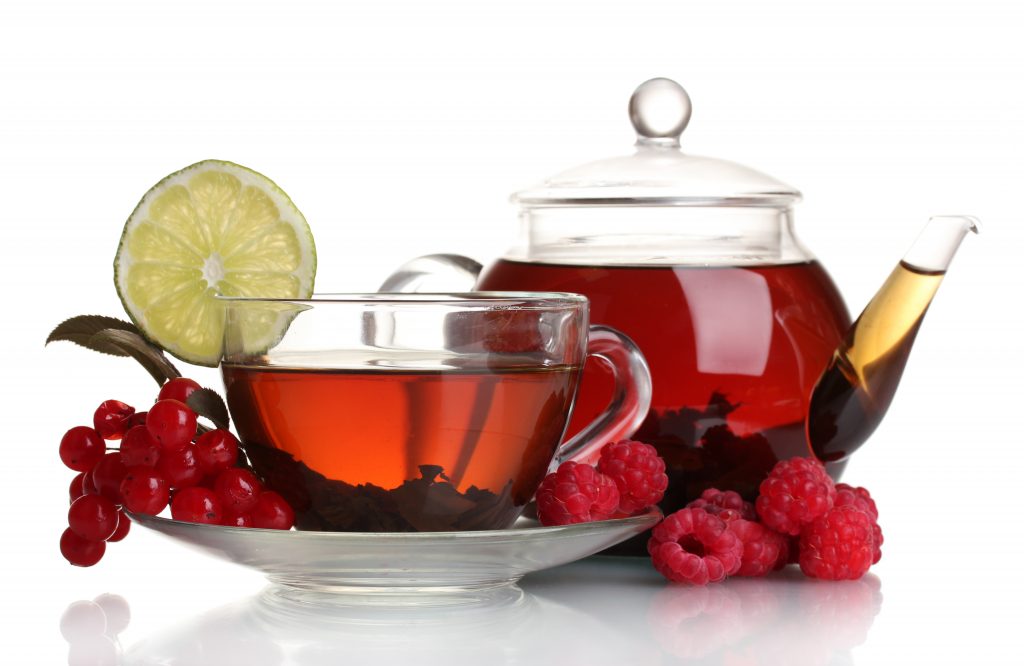
You can buy such teas in healthy food shops or in good teahouses. What kind of fruit will you serve to your toddler depends only on you and on your kid preferences. Raspberry taste deserves particular attention, because not only is it simply delicious, but additionally works diaphoretically and helps to bring the fever down in the baby, when caught cold. Next, blueberry is a perfect, natural remedy for diarrhoea in babies. Additionally, it has antiviral and antibacterial qualities. However, the choice of fruit teas is wide.
In case of allergy sufferers we shouldn’t give them teas with the addition of tropical fruits, because they can cause allergy. Excellent solution in this case would be one-component fruit teas e.g. apple or already mentioned raspberry tea.
Granulated fruit teas are also available in the shops (children like to graze them even ”dry”), but teas of this type contain artificial colourings, taste improvers and are sweetened with unhealthy sweeteners most often. In a word – such teas aren’t suitable for a consumption.
Dried fruit teas should be given after the fifth month of the child’s life.
In the separate post I will present you how to make the tea from fresh fruits. This is such my little preserve.
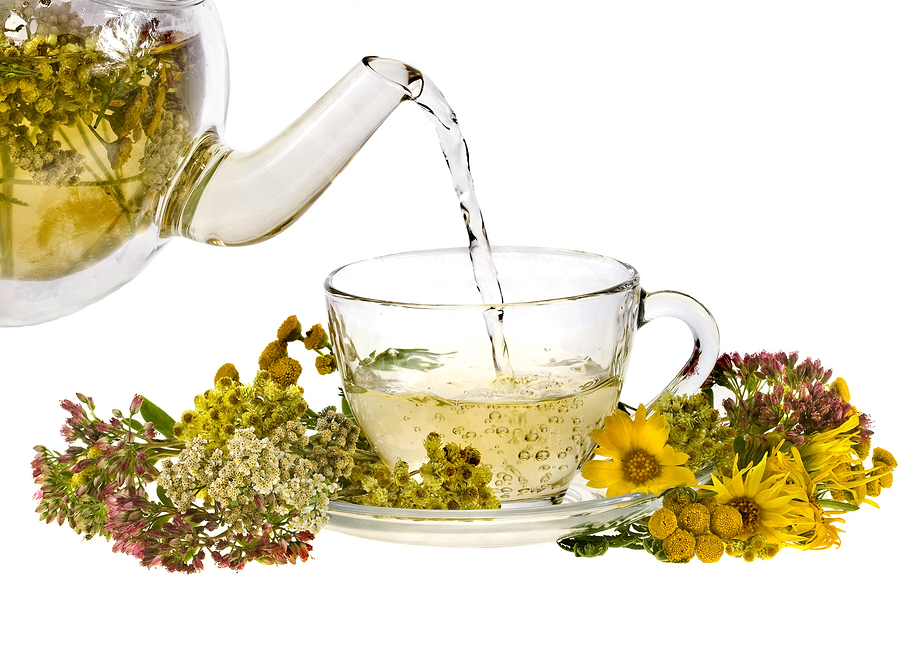
The truth is that it is usually easier to treat the child by giving the herbal tea to drink.
Dill tea (since the first days) – regulates digestion and eliminates bloatedness. Remedy most often used for baby colic. It’s also worth knowing that the fennel contains essential oils, and thus has slight expectorant qualities and also very important information – the fennel doesn’t cause an allergy, therefore is perfectly suitable for allergy sufferers.
Camomile (since the first days) – acts anti-inflammatory and antibacterial, soothes stomachaches as well as extremely helps during the serration, since it has a soothing effect on softened and achy gums of the toddler. The camomile is an unusually delicate herb, which is perfectly suitable for flushing cuts and wounds in small babies, as well as added to the bath, effectively reduces irritations of the sensitive skin in children. In our case, it perfectly worked many times!
However, sometimes it happens, that the camomile sensitizes some children, therefore you should observe carefully your child through first 48 hours after giving this tea, because then, first allergy symptoms can appear.
Anise tea (after 1 month) – works well in case of children, who suffer from colics, because it definitely improves digestion. Anise tea is also excellent for cough, since it has diastolic and slight expectorant qualities. Supposedly it also strengthens the lactation, and that’s why is perfect for breast-feeding mums.
Melissa tea (after 4 month) – has a calming effect and facilitates sleeping. It also has a relaxing effect and reduces somachaches. It also is able to ”harness’ the colic. We should not however give it too often.
Lime tree tea (after 5 month) – it works well during colds and respiratory diseases, because reduces cough. It acts antipyreticaly and strengtheningly, and additionally helps with constipations.
Mint (after 6 month) – has a sedative quality. Works very well on the serration and states of anxiety. If the child suffers from stomachaches and bloatedness, you can give mint brew after every meal, because it has a relaxing effect and improves digestion. If the child has a depressed appetite, you can give the mint brew before the meal.
Caraway tea (after 6 month) – perfectly reduces stomachaches, improves appetite and stimulates secretion of gastric juices. However, it should be served in small amounts.
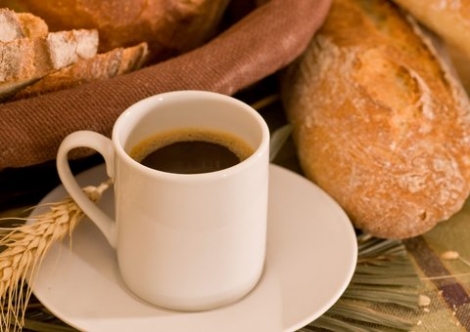
COCOA – the cocoa is a strong allergen and can sensitize children, therefore should not be given to children under the first year of life. If the child doesn’t have allergy, you can give him/her a mug of cocoa but not every day, because this is the source of oxalates, and excess of products containing oxalates can cause oxalate lithiasis.
The cocoa is the best source of magnesium and chromium, lowers the blood pressure as well as protects the blood circulation system from creating atherosclerotic changes in it. It warms up perfectly and helps to regain energy. Theobromine which the cocoa contains, can have a regenerating effect on the human body and a positive effect on the brain functioning. However, theobromine and caffeine contained in the cocoa (alkaloids with stimulating qualities) can negatively influence the nervous system of a child, irritate the stomach and cause skin reddenings.
Therefore, the cocoa should appear in moderate amounts in the diet of our toddlers. Using it too often can also be a cause of constipations.
If you have already made up your mind for implementing this drink into the diet, it’s worth remembering that, cocoa the best for health contains at least 70 percent of cocoa and the so-called strict cocoa, therefore while preparing it, it’s advisable to use the traditional bitter cocoa, rather than granulated with more sugar. However, personally I think that we shouldn’t hurry with giving this drink to our kids.
MILK – the topic of the milk itself is left for the discussion. It is widely stated that children should drink a lot of milk, but I will write separate article on this subject, because it’s really important for me to create the objective image of this drink, and in order to achieve this aim I need to factorise this topic.
And the last thing for today: ”What we shoudn’t give our kids to drink?”
• carbonated beverages
• granulated sugared tea
• black tea
• green tea (after the third year you can give your child a diluted with water brew, or after
brewing it two or tree times, it will be weaker)
• sugary drinks
• lemonade, which usually contain a lot of sugar
IMPORTANT: For people who are wondering about variety of tea kinds, it’s worth knowing, that rooibos tea doesn’t contain caffeine as well as is characterized by a small content of the theine, therefore can be drunk by children. Rooibos tea should be brewed similarly like the black tea. Next, white tea, is of the same kind as the black and green tea. However, differs in that its leaves are picked before they are in full bloom, and when buds are still covered with the white fuzz. The content of the theine is lower than in the green tea (approximately 15 mg in one mug). Thus, is more recommended than the green tea for the children over 3 years old, because of its sweet taste (lack of gentian) and lack of the “grass” flavor. I’m curious about your experience and knowledge in this subject. I will willingly read your comments regarding this extensive subject of drinks suitable for our children. It’s important to share what we already know and what we’ve experienced. Actually none of us is omniscient, and the Internet currently is a life encyclopedia for us.
Knowledge sources:
Lots of own experience 🙂 and
www.kidshealth.org
www.childrens.com
www.who.int
www.canpolbabies.com
www.parenting.pl
www.jejswiat.pl
www.przepisy-dla-dzieci.pl
www.pediatria.mp.pl
www.zdrowyprzedszkolak.pl
www.swiatkwiatow.pl
www.niam.pl
www.stvarukusa.rs
www.wonderfulexpo2015.de
www.johnstonhealth.org
